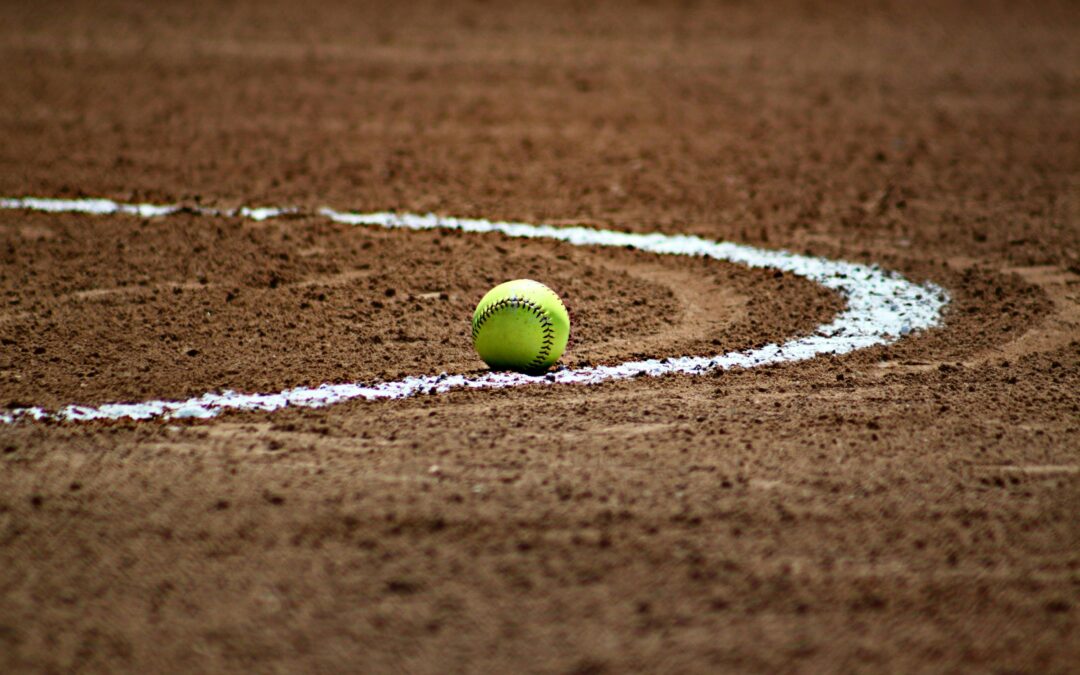Recovery Is Part of the Game
In SPORTS, training and competition get all the attention, but recovery is just as important. Athletes who push themselves without proper rest risk injuries, burnout, and plateaued performance. Science shows that recovery is not a passive process — it’s an essential component of building strength, improving performance, and sustaining longevity in any sport.
Understanding recovery strategies can help athletes at every level maximize results and stay in the game longer.
Why Recovery Matters
During intense training, muscles experience micro-tears, the nervous system is taxed, and energy stores are depleted. Recovery allows the body to repair itself, strengthen tissues, and restore energy. Without recovery:
- Muscle growth is slowed.
- Performance stagnates or declines.
- Injury risk increases.
- Mental fatigue can lead to poor decision-making.
Rest is not a sign of weakness; it’s a scientifically proven way to enhance performance.
Key Components of Effective Recovery
1. Sleep
Sleep is the most important recovery tool. Growth hormone, which aids tissue repair and muscle growth, is released during deep sleep. Athletes who consistently get 7–9 hours per night experience faster recovery, better focus, and improved reaction times.
2. Nutrition and Hydration
Proper fueling is essential for recovery. Post-workout nutrition should include:
- Proteins to repair muscle fibers.
- Carbohydrates to replenish energy stores.
- Electrolytes and water to restore hydration balance.
Supplements like recovery shakes or protein powders can also support rebuilding after intense sessions. Find top-quality recovery supplements and gear at Sports Products Unlimited.
3. Active Recovery
Gentle activities such as walking, cycling, or yoga can increase blood flow, reduce soreness, and help remove metabolic waste. Active recovery stimulates healing without adding excessive stress to the body.
4. Stretching and Mobility Work
Dynamic stretching, foam rolling, and mobility exercises help maintain flexibility, improve circulation, and reduce tension in overworked muscles. Regular mobility work also enhances long-term performance.
5. Mental Recovery
The mind needs rest as much as the body. Meditation, visualization, and downtime reduce stress, improve focus, and increase motivation for future workouts. Mental fatigue can impair coordination and decision-making, making recovery critical for both body and mind.
Recovery Tools and Technology
Modern recovery has evolved with technology. Tools like massage guns, compression sleeves, cryotherapy, and infrared saunas enhance the body’s natural repair processes. Athletes can combine these innovations with traditional recovery methods for maximum benefit.
Equip yourself with the right recovery tools at Sports Products Unlimited to take your rest seriously and train smarter.
Bringing It All Together
Recovery is not optional — it’s a strategic advantage. Athletes who prioritize rest, sleep, nutrition, and active recovery consistently outperform those who neglect it. By investing in proper recovery, you reduce injury risk, improve mental focus, and ensure long-term athletic success.
What’s your go-to recovery method — sleep, nutrition, mobility work, or technology-assisted recovery? Share your routine and discover new strategies from other athletes.

